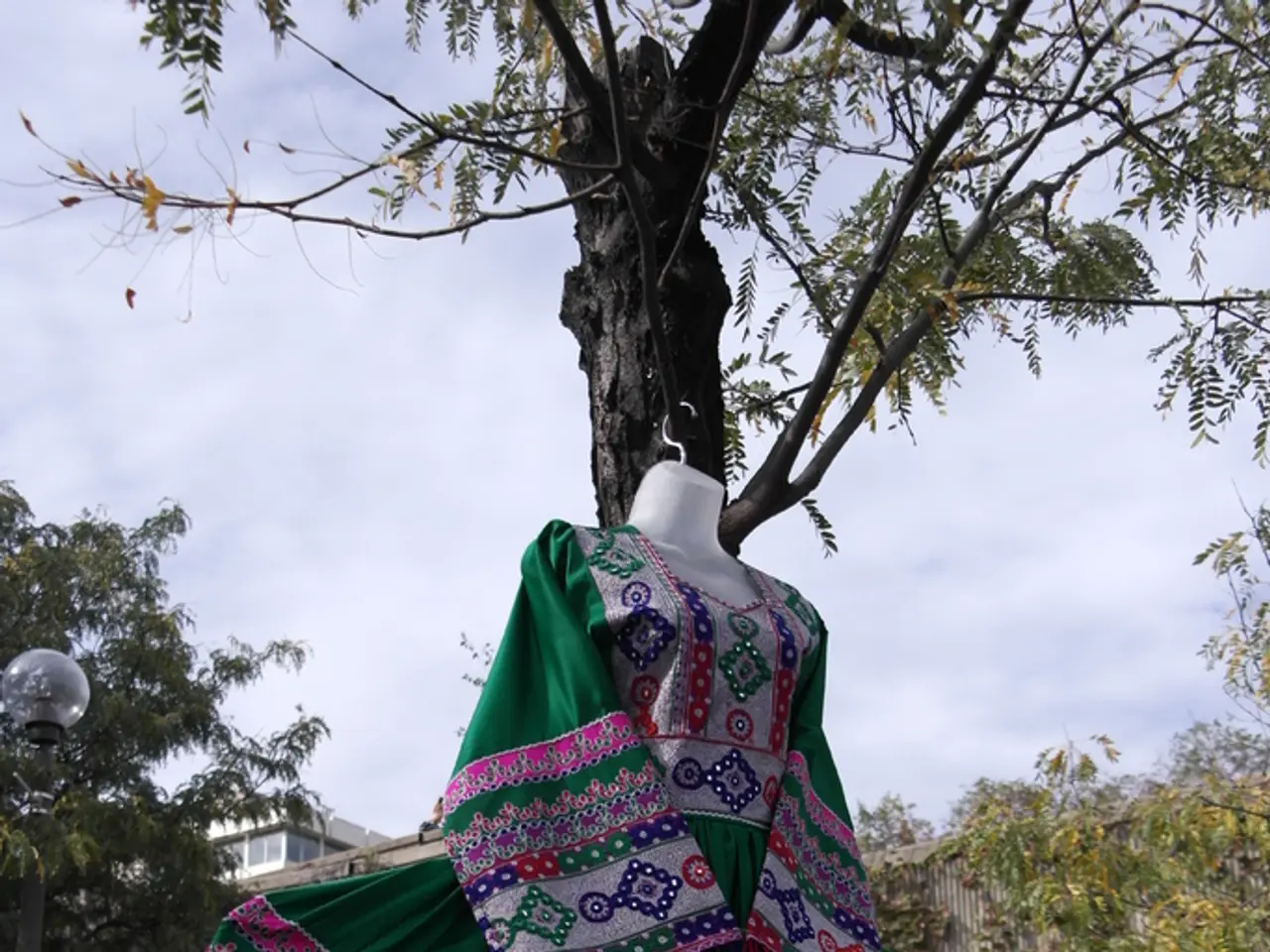Sociology of Economics: Identity, Tradition, and Spending Habits
In the kaleidoscope of our modern world, understanding the complexities of consumption under the lens of economic sociology promises a captivating journey into the interwoven labyrinth of identity, culture, and economic behavior. As the global market practically sways with the rhythm of evolving societies, our choices in what we buy, eat, wear, or even communicate through are far more than mere essentials; they tell rich stories of societal norms and personal aspirations.
The act of consumption transcends the necessity of obtaining goods and services, symbolizing identities, class, and power structures within our communities. By interrogating consumption through the economic sociology perspective, we uncover the intricate threads of advertising's clutches, social distinction's subleties, and culture's pivotal role in determining our economic decisions.
This fascinating exploration of economic sociology dates back to the late 19th and early 20th centuries, with the groundbreaking works of Karl Marx, Max Weber, and Émile Durkheim. Theoretically rooted, these scholars shattered the traditional economic theories that regarded consumers as rational beings isolated from context. Instead, they highlighted the compelling role of social and cultural factors in economic life, notably emphasizing how identity, beliefs, and societal norms have shaped our economic behavior.
Fast forward to the present day, economic sociology continues to evolve, incorporating fresh theories and methods to decipher the interconnected web of factors influencing consumption. From Pierre Bourdieu's concept of "cultural capital" to Amartya Sen's capability approach, modern scholars build upon these foundational theories to shed light on the intricate relationships between identity, culture, and economic behavior.
Identity, as it turns out, wields immense power over our consumption habits. Our choices often stem from our individual perceptions and desires to be perceived by others. Consumption evolves into a means of self-expression, where individuals craft and broadcast their identities through their purchasing decisions. Make no mistake; brands notoriously capitalize on this phenomenon, aligning themselves with specific ideologies, lifestyles, and cultures to attract consumers who identify with these values.
Cultural distinctions play a monumental role in shaping consumption patterns. These differences reveal themselves worldwide in diverse landscapes, illustrating the indispensable role of understanding local contexts in the study of consumption. The way we consume food, for instance, is deeply rooted in cultural heritage— Whether it's sustenance or an expression of cultural heritage, food consumption highlights the profound impact of culture on our economic behavior.
Mass media and global communication have significantly influenced and homogenized cultural consumption patterns, but local cultures persistently adapt and reshape these global imports. The intricate dance between local and global cultures further solidifies the importance of understanding the specific cultural context in which consumption unfolds.
Social structures such as class, gender, and age also fundamentally shape our consumption patterns. Our class, for instance, dictates the types of goods, services, and brands that are deemed accessible or desirable, fostering social disparities through consumption. Gender, too, influences consumption, with advertising traditionally targeting women more, perpetuating stereotypes and reinforcing gender roles. Age demographics also play a key role, as younger generations embrace sustainable and ethically sourced products.
As our world grows increasingly intertwined with the advent of globalization, consumption patterns and preferences change dramatically. Global brands expand their reach into local markets, sparking concerns about cultural erosion. On the flip side, the counter-movement towards localization emerges—countering the influence of global brands with locally produced goods that support cultural heritage.
Technological advancements, particularly the rise of e-commerce, have transformed the consumption landscape. Online platforms provide consumers with limitless choices, presented with both opportunities and challenges associated with privacy, data security, and the digital divide.
In the future, our focus will inevitably shift towards sustainable consumption, prompted by global concerns such as climate change, resource scarcity, and social inequality. Consumers will increasingly demand eco-friendly and ethically produced options, steering businesses, policymakers, and researchers towards a more sustainable, responsible, and culturally sensitive realm of consumption.
In essence, economic sociology offers the tools to decode the intricate interplay of identity, culture, and social structures in the global consumption landscape. By embracing this perspective, we can better navigate the complex challenges and opportunities that lie ahead in an era of rapidly evolving consumption patterns.
- Cultural heritage significantly contributes to the shaping of consumption patterns, as food consumption, for instance, is deeply rooted in cultural identity and can serve as an expression of cultural heritage.
- The finance and business sectors play a crucial role in the global consumption landscape, with brands capitalizing on identity, beliefs, and societal norms to attract consumers through aligning themselves with specific ideologies, lifestyles, and cultures.







